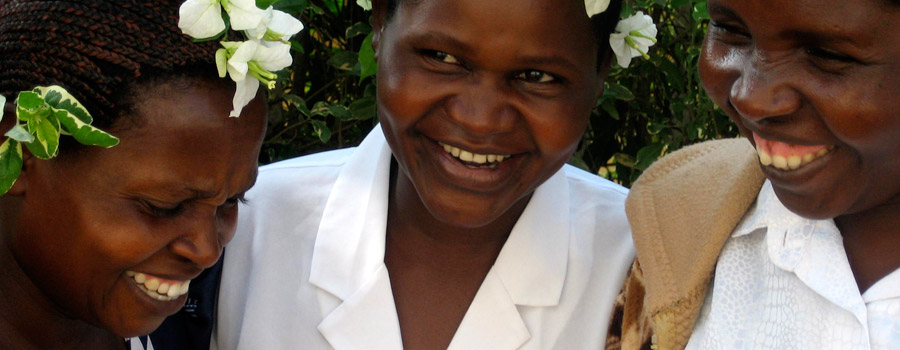Other Resources :
EngenderHealth & Partners
United Nations Population Fund (UNFPA) and EngenderHealth
Obstetric Fistula Needs Assessment Report: Finding from Nine African Countries
This facility-based needs assessment synthesizes insight from administrators and health care providers in Benin, Chad, Malawi, Mali, Mozambique, Niger, Nigeria, Uganda, and Zambia to gain a greater understanding of fistula in each country.
Files: English (PDF, 280KB)
Situation Analysis of Obstetric Fistula in Bangladesh (EngenderHealth and UNFPA)
This 2003 report by EngenderHealth’s Bangladesh Country Office and UNFPA was the first attempt to develop a full understanding of obstetric fistula in Bangladesh. It estimated that the number of women living with fistula was 1.69 per 1,000 ever-married women. The report also assessed the capacity to treat fistula at a number of facilities, outlining needs for equipment, supplies, and skilled professionals.
Files: English (PDF, 1.69MB)
AMDD and EngenderHealth
Obstetric Fistula: A Needs Assessment in Ghana and Rwanda
This report is modeled on an earlier study, Obstetric Fistula Needs Assessment: Findings from Nine African Countries, and builds on what was learned after completion of that study. It finds that in Ghana and Rwanda, like other countries, few staff members or surgeons are trained in or experienced with fistula repair, and women with fistula often do not know where or how to seek treatment. The report also provides country-specific recommendations on addressing the critical needs in each country.
Files: English (PDF, 358KB)
Women’s Dignity Project and EngenderHealth
Childbirth Experiences Of Women With Obstetric Fistula In Tanzania And Uganda And Their Implications For Fistula Program Development
Authors sought evidence from the testimonies of women living with fistula regarding local risk factors for fistula and the impact of fistula on women's lives. One hundred thirty-seven women recruited from health facilities and at the community level in Tanzania and Uganda were interviewed using quantitative and qualitative methods, including participatory approaches. Women of all ages and parities endured fistula. The testimonies illustrated that physical, socioeconomic, and cultural constraints, as well as health system failures, led to fistula, and the condition imposed harsh consequences on women's lives. Constraints included deficient maternal health services and personnel, delays in seeking and accessing care, and limited fistula repair services. Women endured severe social stigma and severe economic hardships. Participants' testimonies expand current understanding of women's experience of fistula and point to recommendations that could improve maternal health care, reduce women's risk of fistula, and improve the lives of women living with the condition.
Link: English
Sharing the Burden: Ugandan Women Speak About Obstetric Fistula
Women's Dignity Project and EngenderHealth carried out a study in four rural districts of Uganda to bring to light the social, cultural, economic, and medical complexities of obstetric fistula. This study provides evidence on the need for broad-based and sustained action to address maternal morbidity and mortality in Uganda.
Files: English (PDF, 478KB)
Risk and Resilience: Fistula Report
This study explores the many dimensions of fistula through the experiences and views of girls and women living with fistula, as well as their families and communities and the health workers who care for them.
Files: English (PDF, 767KB)
![[ Skip Navigation ]](../../data/images/c.gif)



